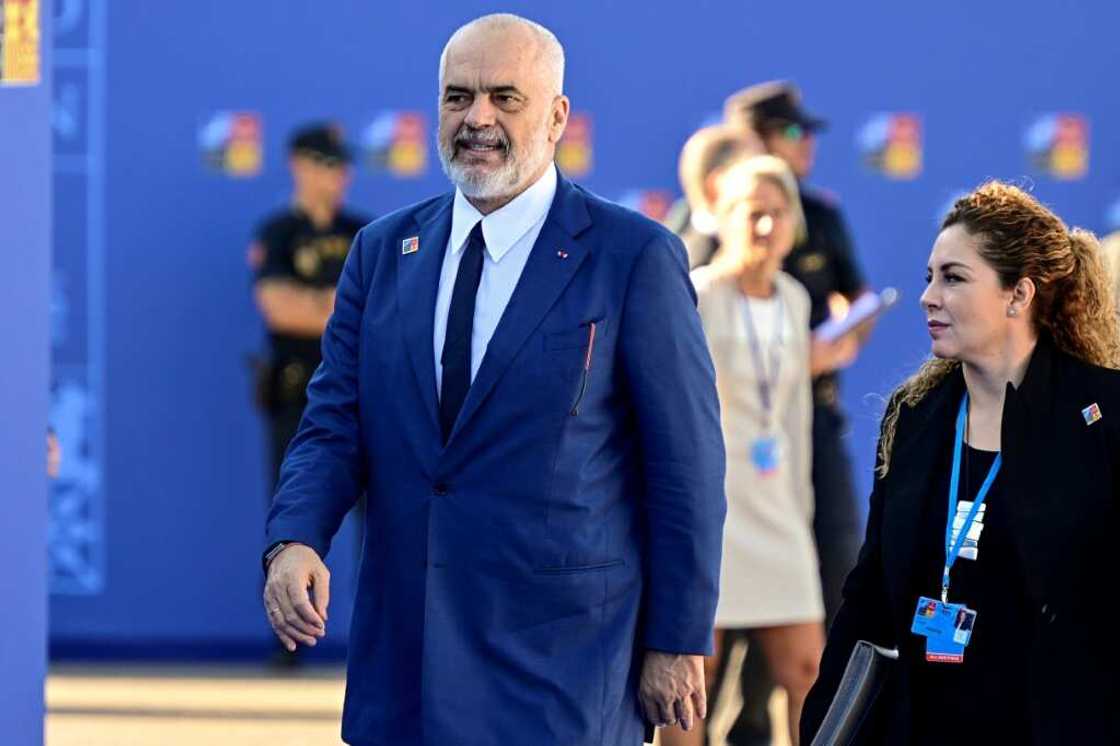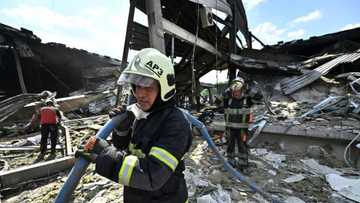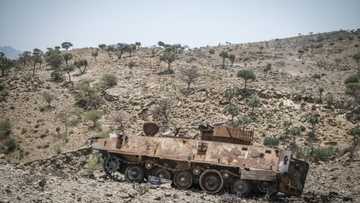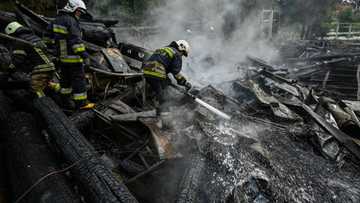Albania cuts ties with Iran over 'cyberattack'

Source: AFP
Albania broke diplomatic ties with Iran on Wednesday over an alleged cyberattack against the government this summer, as Washington vowed to hold Tehran accountable for targeting its NATO ally.
Albania and Iran have been bitter foes for years, since the Balkan state began hosting members of the opposition People's Mujahedeen of Iran, or Mujahedeen-e-Khalq (MEK), on its soil.
Prime Minister Edi Rama on Wednesday accused Iran of directing a cyberattack against Albanian institutions on July 15 in a bid to "paralyse public services and hack data and electronic communications from the government systems".
It was the first time Tirana spoke about the alleged attack, and Rama said his country cut ties with Iran over it.
"The Council of Ministers has decided on the severance of diplomatic relations with the Islamic Republic of Iran with immediate effect," said Rama.
"The said attack failed its purpose. Damages may be considered minimal compared to the goals of the aggressor. All systems came back fully operational and there was no irreversible wiping of data."
PAY ATTENTION: Join Legit.ng Telegram channel! Never miss important updates!
The prime minister went on to say that Iranian diplomats and embassy staff had 24 hours to leave the country.
Iran rejected the accusation it was behind the cyberattack as "baseless" and called Albania's decision to sever diplomatic ties "an ill-considered and short-sighted action".
"Iran as one of the target countries of cyberattacks on its critical infrastructure rejects and condemns any use of cyber space as a tool to attack the critical infrastructure of other countries," its foreign ministry said.
The Islamic republic has also been targeted by cyberattacks, most notably in 2010 when the Stuxnet virus -- believed to have been engineered by Israel and the US -- infected its nuclear programme.
The United States scolded Iran over the alleged attack, vowing to provide support to its ally in the Balkans.
"The United States strongly condemns Iran's cyberattack against our NATO ally, Albania," National Security Council spokeswoman Adrienne Watson said in a statement.
"The United States will take further action to hold Iran accountable for actions that threaten the security of a US ally and set a troubling precedent for cyberspace," Watson added.
'Threats and conspiracies'
Albania agreed in 2013 to take in members of the MEK at the request of Washington and the United Nations, with thousands settling in the Balkan country over the years.
Following the collapse of its communist government in the early 1990s, Albania has transformed into a steadfast ally of the United States and the West, officially joining NATO in 2009.
The MEK backed Ayatollah Ruhollah Khomeini in the 1979 revolution that ousted the shah but rapidly fell out with the new Islamic authorities and embarked on a decades-long campaign to overthrow the regime.
The MEK regularly hosts summits in Albania that have long attracted support from conservative US Republicans, including former vice president Mike Pence who delivered a keynote address at an event in June.
A month later, the group postponed another summit citing unspecified security threats targeting the event.
The summit was called off "upon recommendations by the Albanian government, for security reasons, and due to terrorist threats and conspiracies", the MEK said in a statement released in late July.
The gathering was supposed to be attended by or joined online by various high-profile political delegations, including hundreds of lawmakers from six continents, organisers said.
Iranian opposition groups in exile have accused Tehran of targeting their events and personnel for years.
In 2018, Belgian police thwarted a terrorist attack that was supposed to target an Iranian opposition rally outside Paris, after which an Iranian diplomat was convicted for supplying explosives for the plot.
Albania has expelled a string of Iranian diplomats from the Balkan country over the years, including Tehran's ambassador to the country in December 2018.
Source: AFP




